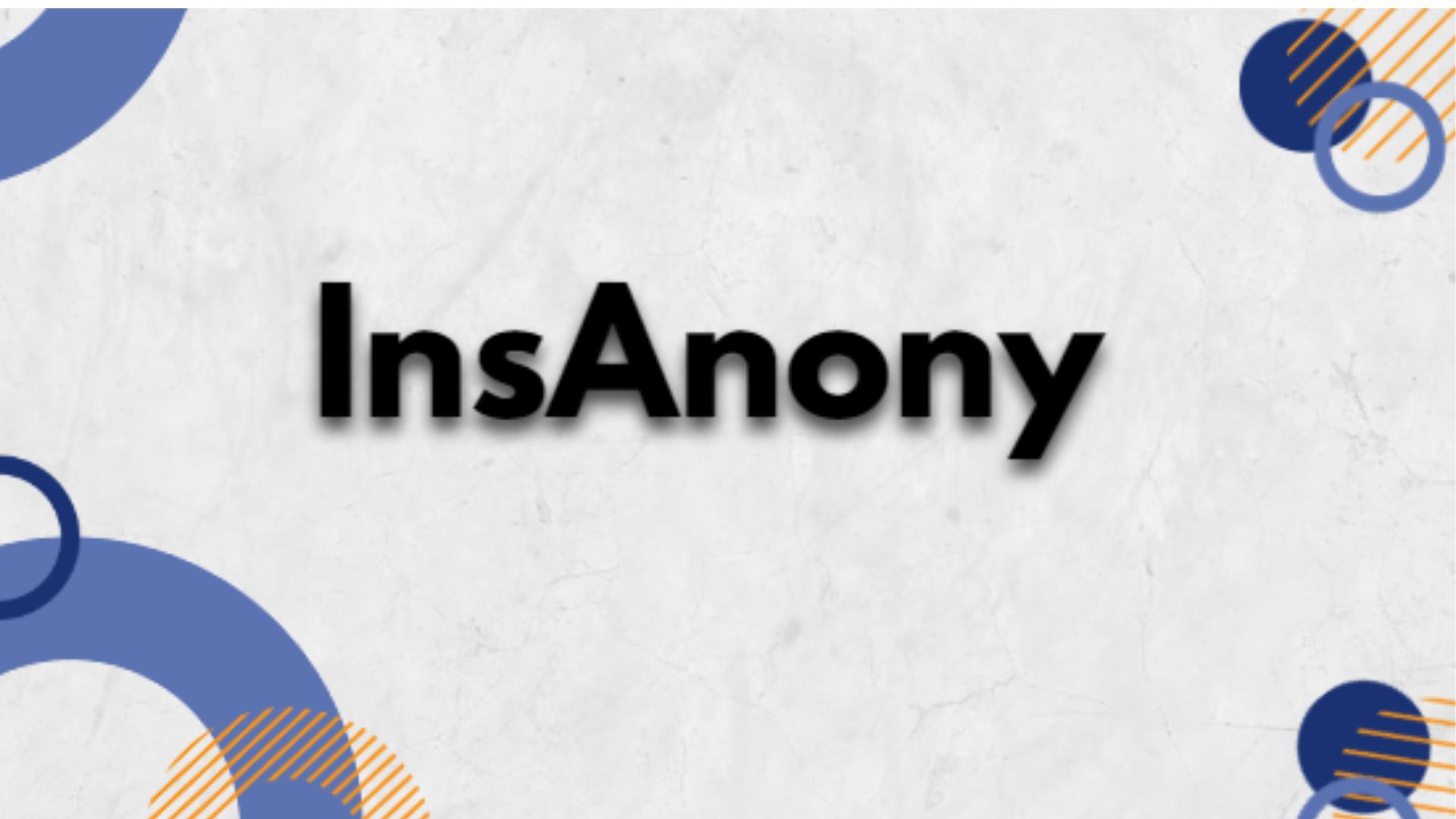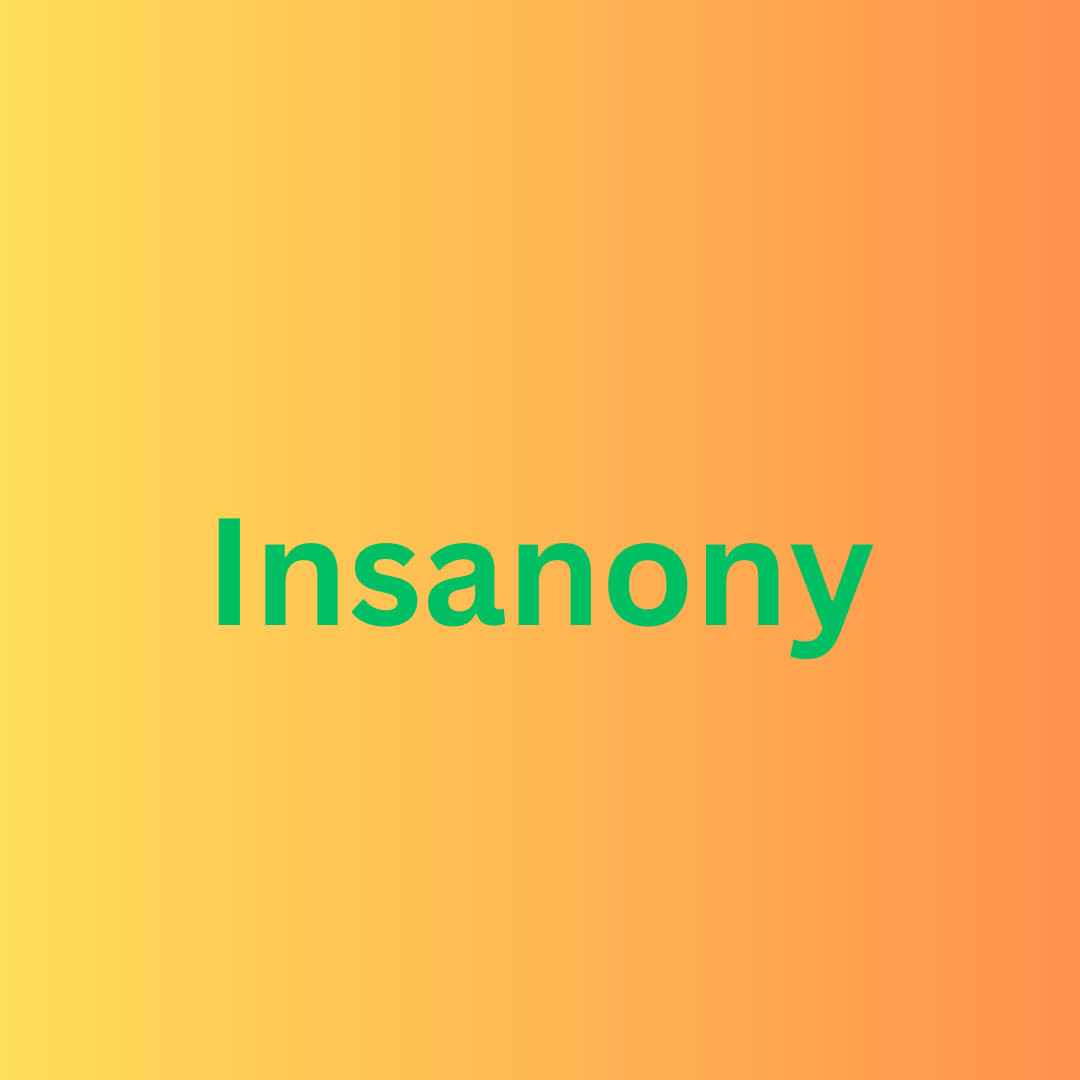As the digital world continues to make bigger, the idea of anonymity, or “Insanony,” has received prominence. Insanony combines anonymity with the unpredictability that often accompanies on line interactions. While the preference for anonymity is widespread, unique cultures understand and practice it in particular ways. This article explores how Insanony varies throughout cultures and the way these differences shape worldwide views on privateness and on line conduct.
The Universal Need for Anonymity
Anonymity as a Shield
People round the arena searching for anonymity for diverse reasons. They use it as a defend to protect themselves from judgment, censorship, and ability damage. Whether expressing debatable reviews, conducting activism, or honestly exploring private pastimes, individuals rely on anonymity to maintain their privateness. Insanony represents the merging of this defensive anonymity with the often chaotic nature of on line behavior.
Empowerment Through Anonymity
Anonymity empowers people to speak freely without worry of repercussions. In many cases, it lets in humans to challenge authority, divulge corruption, and recommend for trade. However, this identical anonymity can lead to bad behaviors which includes cyberbullying, harassment, and the spread of incorrect information. The effect of Insanony relies upon in large part on how individuals and societies pick out to apply it.
Insanony in Western Cultures
Valuing Individual Freedom
In Western cultures, mainly within the United States and Europe, individualism performs a big function in shaping attitudes closer to anonymity. People in these societies frequently view anonymity as a fundamental proper that protects non-public freedoms. They use Insanony to shield their privacy against government surveillance, company data series, and social scrutiny.
Anonymity in Activism
Western cultures have visible the upward thrust of anonymous on-line actions that venture electricity structures and promote social justice. Groups like Anonymous use Insanony to defend their identities whilst advocating for causes together with internet freedom and human rights. These moves spotlight how anonymity may be a powerful tool for collective movement, but in addition they improve questions about duty and ethical responsibility.
Insanony in Eastern Cultures
Balancing Individual and Community Needs
Eastern cultures, inclusive of the ones in Asia, regularly emphasize collectivism and community harmony. In those societies, people may additionally are looking for anonymity, but they do so with a heightened recognition of its effect on others. Insanony in Eastern cultures displays a careful balance among private privateness and social obligation.
Navigating Social Norms
In countries like Japan and South Korea, social norms and public notion play a widespread function in how humans use anonymity. While anonymity lets in individuals to explore new thoughts and identities, it additionally carries the chance of damaging one’s popularity if misused. People in these cultures can also use Insanony greater cautiously, ensuring that their moves do now not disrupt the concord of the network.
Insanony in the Middle East and Africa
Anonymity as a Tool for Resistance
In the Middle East and components of Africa, anonymity often serves as a crucial tool for resisting political oppression. In regions in which freedom of expression is limited, Insanony permits people to speak out towards authoritarian regimes, criticize authorities rules, and advocate for human rights. The Arab Spring, as an example, saw substantial use of nameless social media bills to arrange protests and share information.
Cultural Tensions
Many Middle Eastern and African societies revel in a anxiety among way of life and modernity. While younger generations can also embody virtual anonymity to discover new thoughts, older generations may additionally view it with skepticism. This generational divide shapes how Insanony is perceived and practiced, with people navigating a complex panorama of cultural expectations and virtual freedoms.
The Global Impact of Insanony
Cultural Exchange and Influence
As human beings from specific cultures engage online, they convey their perspectives on anonymity into the virtual sphere. This cross-cultural alternate influences international norms and practices related to privateness and on line behavior. While some cultures may additionally prioritize man or woman freedom, others may also awareness on network welfare, leading to various strategies to Insanony.
Adapting to a Connected World
The destiny of Insanony will rely upon how societies adapt to an increasingly more connected world. Governments, tech companies, and individuals will want to navigate the moral and felony challenges related to anonymity. As those conversations maintain, the global expertise of Insanony will evolve, reflecting the numerous ways wherein human beings seek to shield their identities and specific themselves on-line.
Conclusion
Insanony is a concept that transcends borders, but it’s miles deeply stimulated through cultural values and social norms. While the choice for anonymity is accepted, its practice varies throughout cultures, shaping how people engage within the virtual international. By information those cultural perspectives, we can benefit a deeper appreciation of how Insanony operates on a worldwide scale. As the digital panorama keeps to evolve, the ways wherein we navigate anonymity will hold to mirror the rich variety of human experience.




